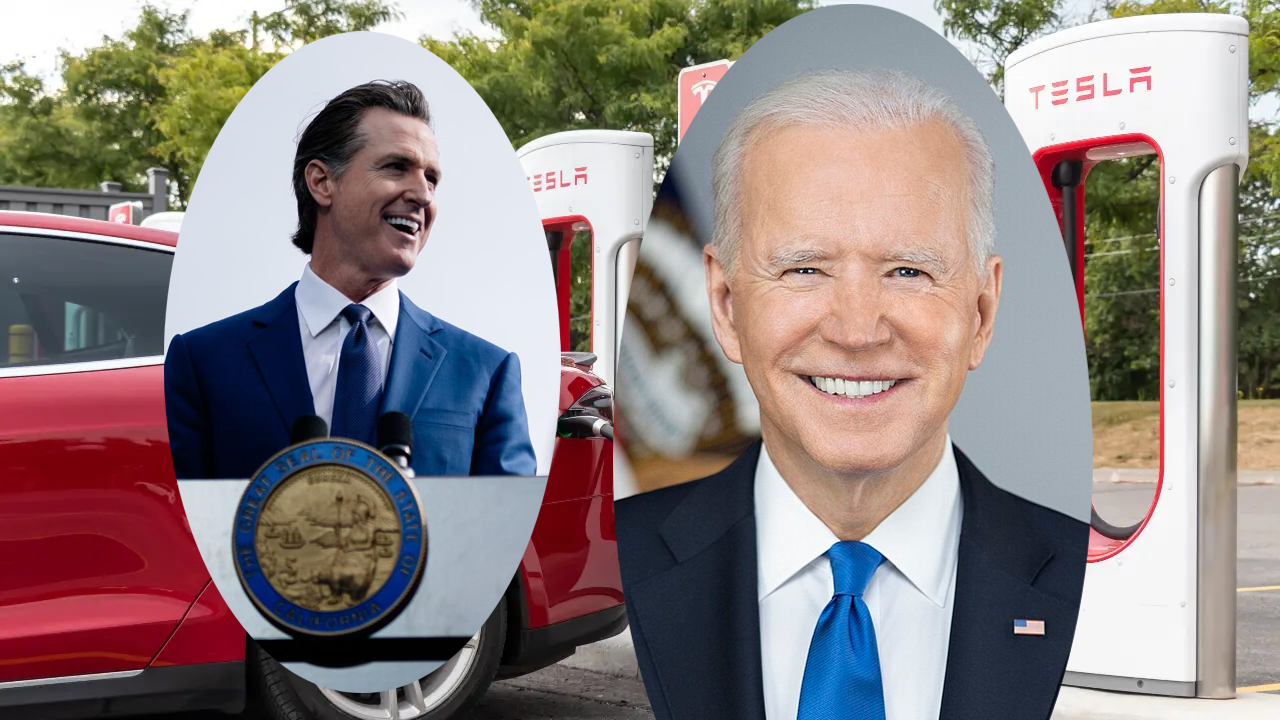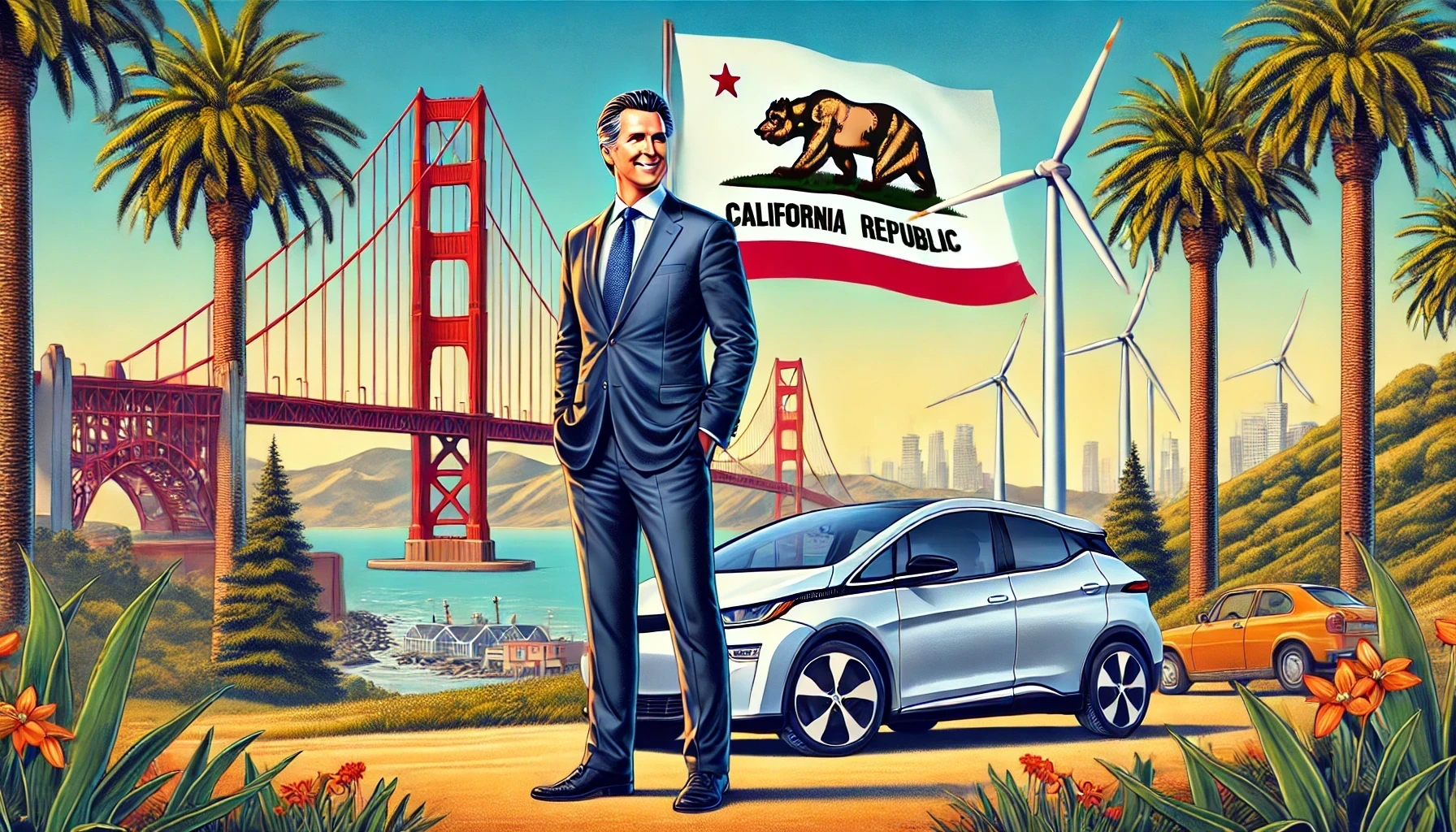Joe Biden’s Executive Order 14057 mandates that all new light duty vehicles added to the government fleet are 100% zero emissions by 2027. Other states are taking action that will help accelerate the transition away from the standard fossil fuel combustion engine, resulting in the removal of millions of cars from roads by many states. These bans aim to address the significant contribution of gas-powered vehicles to CO2 emissions, aligning with efforts to combat climate change.
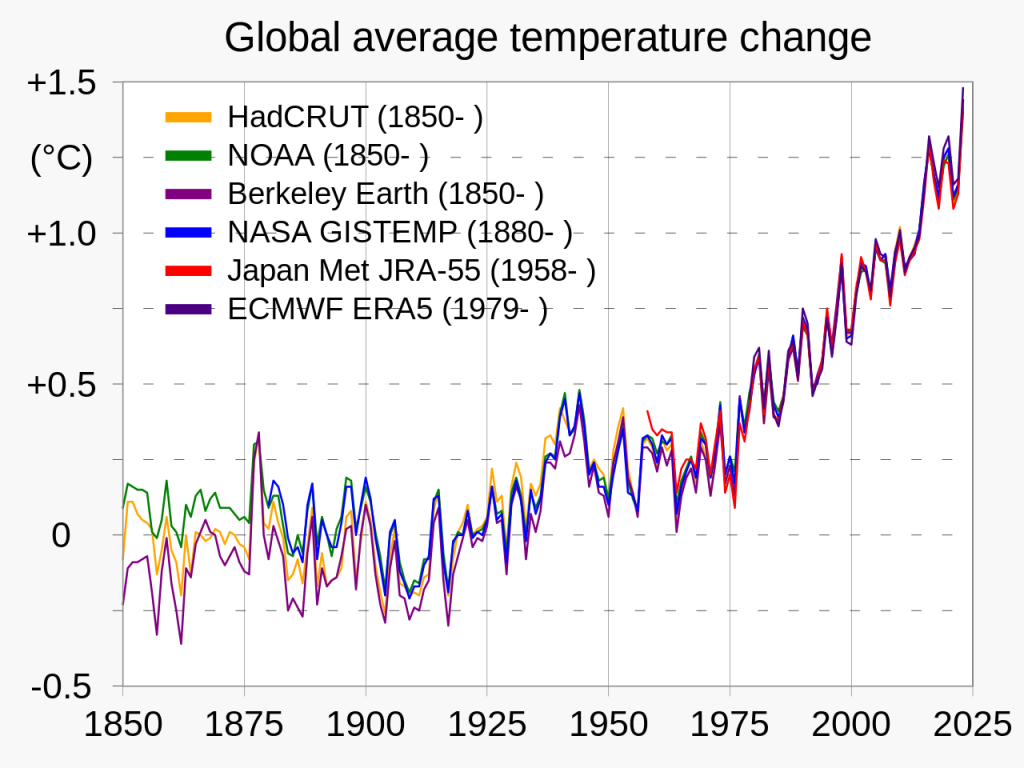
Efforts to eliminate gas-run automobiles align with campaigns to reduce greenhouse gases and promote environmentally friendly transportation methods.
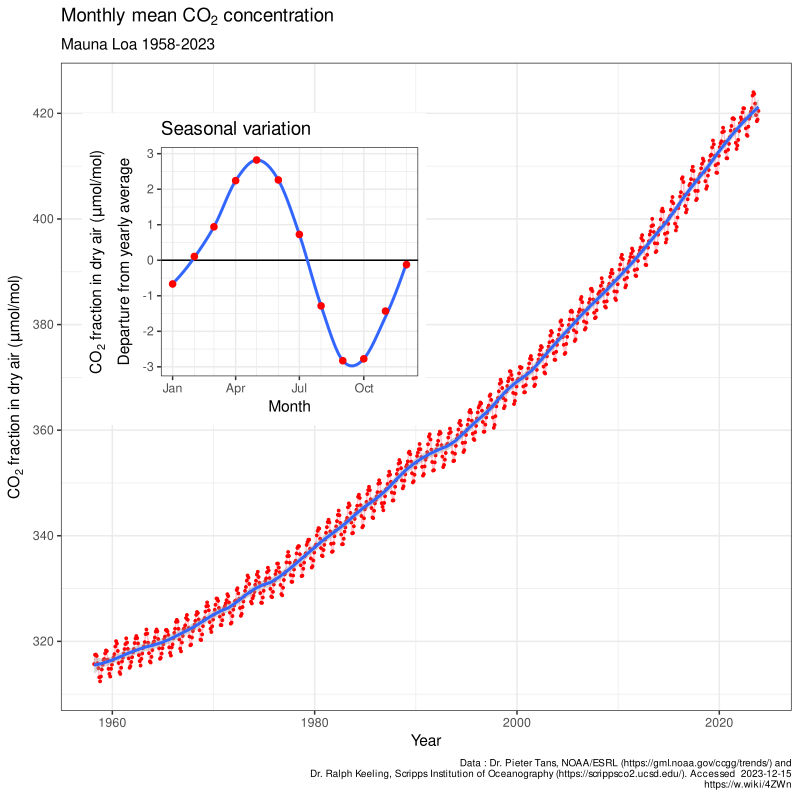
The transportation industry stands out as a major contributor to climate change due to its significant CO2 emissions.
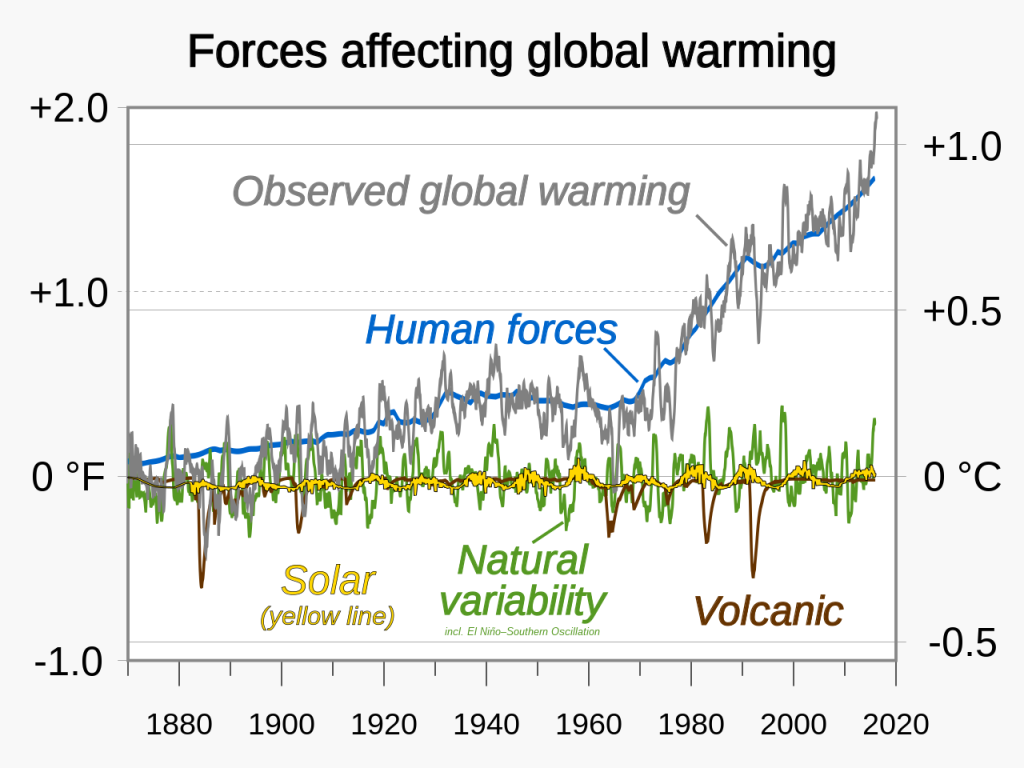
Countries have begun strategies to phase out gas-powered vehicles in the long term to curb poisonous gas emissions and protect the environment. This move is driven by the need to transition to environmentally friendly alternatives.
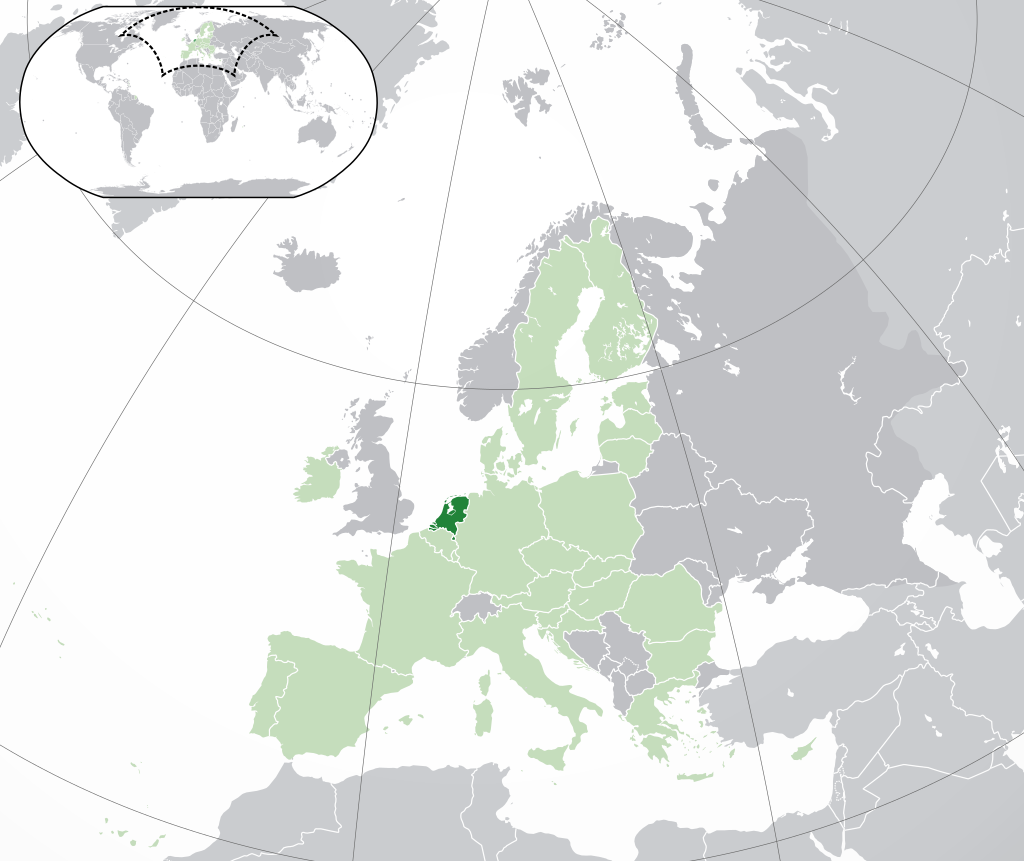
Several countries have developed aggressive plans to eliminate sales of new gas-powered vehicles. Norway and the Netherlands plan to implement bans as early as 2025, while the United Kingdom and Canada target 2035 or later.

California has taken a pioneering role by pushing for measures to promote electric vehicles (EVs), aiming for the complete elimination of new gasoline vehicle sales by the mid-2030s. Other states, such as New York, Massachusetts, and Washington, have committed to similar actions, setting deadlines for banning new gasoline cars.

States like Oregon and Rhode Island have set deadlines of 2030 and 2035, respectively, for banning new gasoline cars, with the ban on new diesel cars extended until 2040. States like Connecticut, Maine, New Jersey, and Vermont have also joined the coalition, each with its timeline for banning gas-powered vehicles.

Certain states, like California, Massachusetts, and New York, are accelerating their transition to zero-emission vehicles by planning to ban new gas car sales as early as 2024 or 2025.
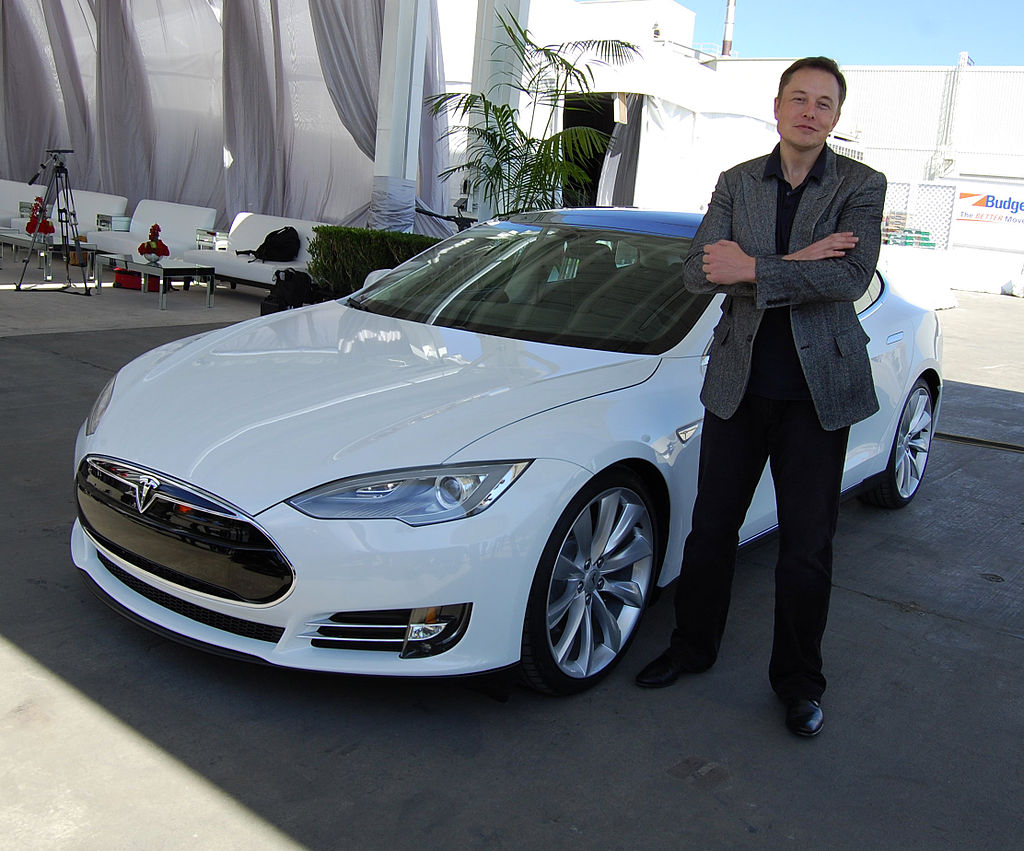
These ambitious timelines reflect increasing global awareness of the need to combat climate change and reduce greenhouse gas emissions. Automakers are already investing in electric vehicle technology, but significant challenges remain, such as developing a comprehensive charging network.
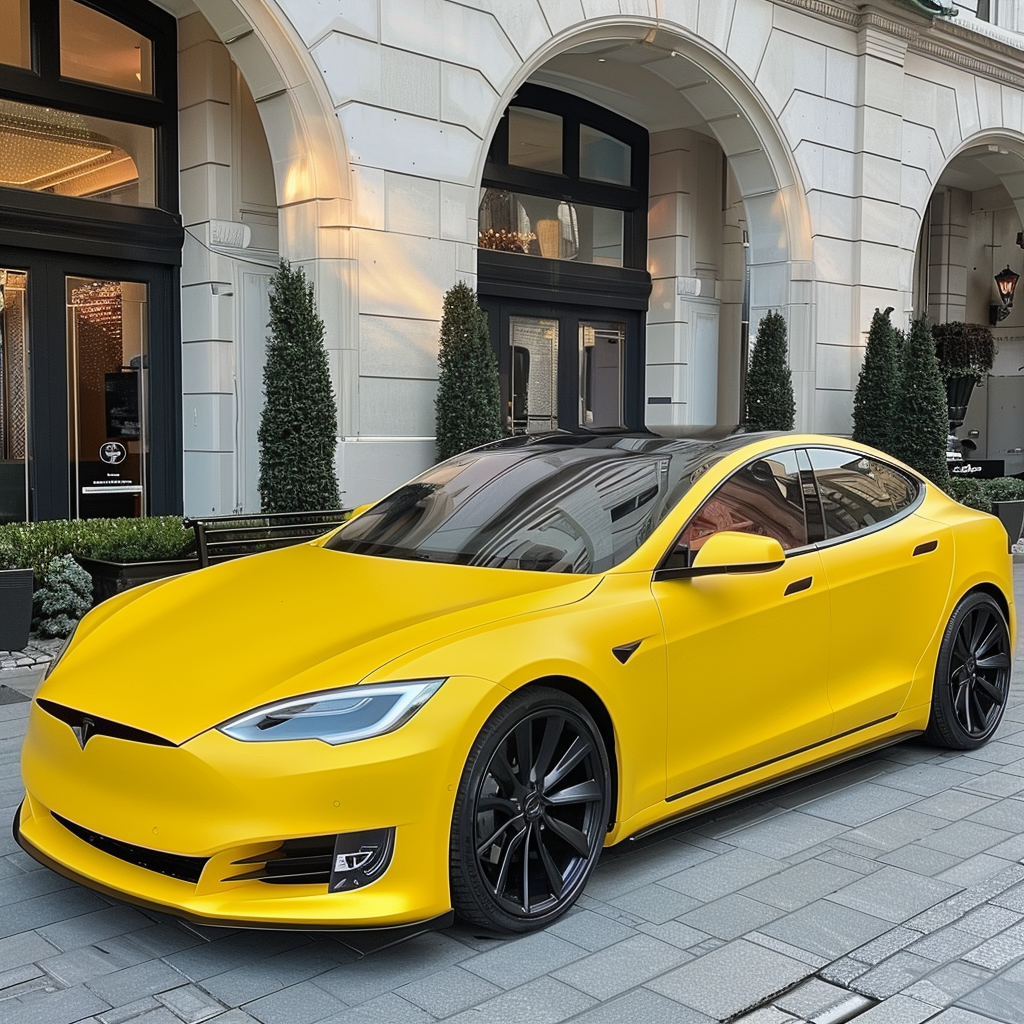
The impending disappearance of gas-powered cars is driven not only by environmental concerns but also by the need to spur innovation in alternative fuels like hydrogen. Associations of engine manufacturers warn that reverting to gas-powered vehicles would delay the essential transition to zero-emission technologies.

